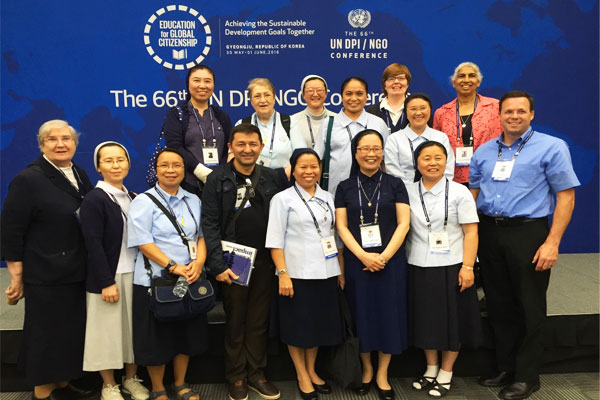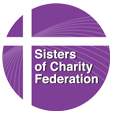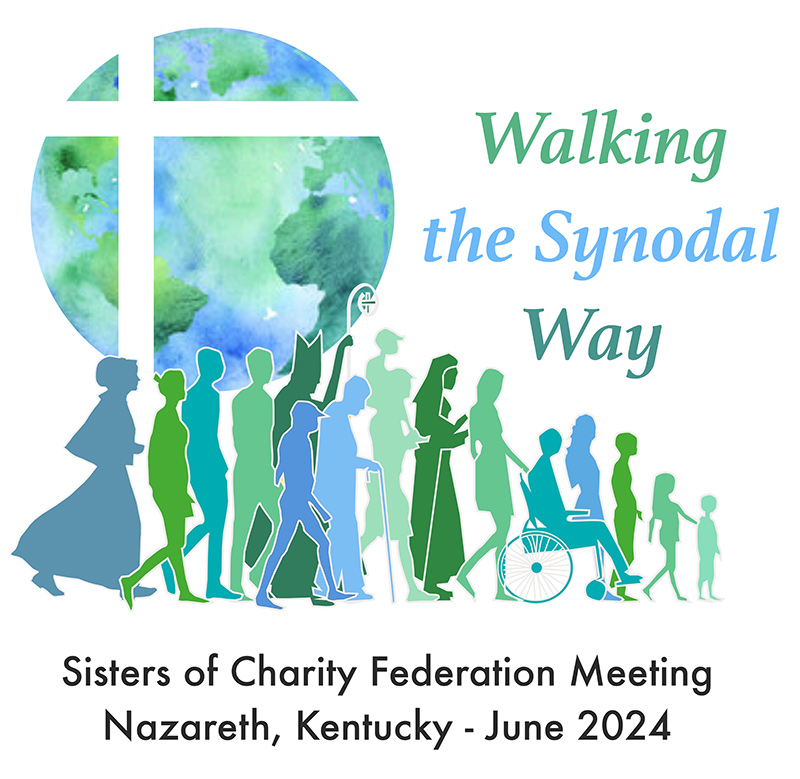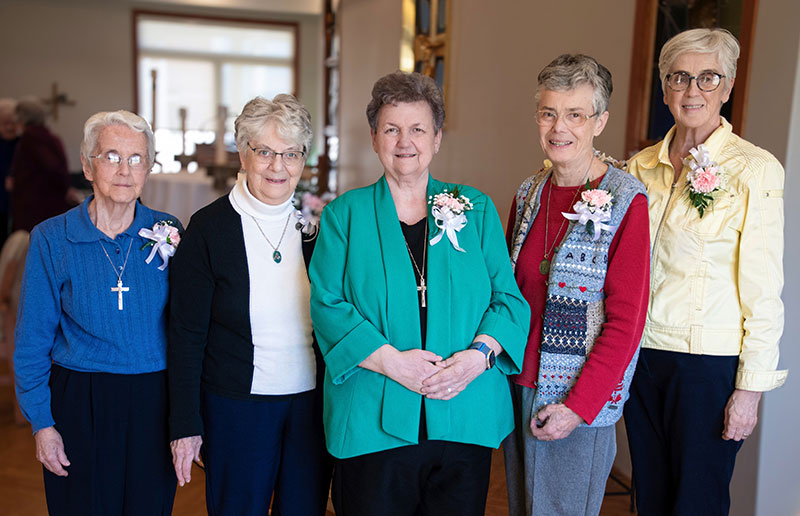
Vincentian Family Members at the UN DPI/NGO Conference in Gyeongju, S. Korea – 19 participants from S. Korea, Philippines, France, Ireland, Colombia, United States and India
Education for Global Citizenship – Achieving Sustainable Development Goals Together
Written by Sister Teresa Kotturan, Representative to the United Nations for the Sisters of Charity Federation
The 66th DPI/NGO Conference, held May 30-June 1, is the first in United Nations history to be held in Asia. This is organized in partnership with the NGO Community, the government of the Republic Korea and a national organizing committee. It is the main UN event of the year led by civil society, where the participants are NGOs, Universities with a significant youth component, UN officials, diplomats, parliamentarians and representatives of other non-profit organizations.
It is organized in the context of the 2030 Agenda for Sustainable Development Goals, with the focus on Goal 4: “Ensure inclusive and equitable quality education and promote lifelong learning opportunities for all.” Education is a human right and essential to the well-being and dignity for all people. We live in an increasingly interconnected world, where global challenges cross national borders and concern us all. Education for global citizenship is central to achieving sustainable development. Education is a starting point for NGO engagement worldwide for SDG implementation.
“Global citizenship is no longer an ideal, rather a requirement for creating a peaceful, just, and environmentally sustainable world of interconnected societies.” To achieve this new perspective, a paradigm shift in education is called for and requires the examination of the three pillars of i) formal education, ii) informal education and training and iii) advocacy and public information to correct gender, ability, social, economic and other inequalities that create and perpetuate marginalization and hinder achievement of Goal 4.
Education for Global Citizenship:
- Focuses on a new understanding of the world and our place in it; our primary identity is that human beings.
- Places emphasis on relationships among individuals, communities, institutions, communities, states, humanity and the planet – create a sense of solidarity.
- Play an active role in creating a more peaceful, tolerant, inclusive, and secure world.
- Stewardship of the earth – integral ecology – reverence for the interdependent kinship of all life.
The values that are to be inculcated through education for global citizenship are understanding, respect, tolerance, friendship, Peace, Non-violence, Human rights and fundamental freedoms of all. It aims to empower learners to assume active roles to face global challenges and become contributors to a more peaceful, just and sustainable world where no one will be left behind.
The Conference had over 2,500 participants from 100 countries. It could be said that 75% of the participants were from S. Korea, with a large presence of youth.
It was very encouraging to listen to the opening address of the Secretary General Ban Ki Moon, where he focused on the NGOs. “This is a powerful gathering of representatives of non-governmental organizations, or NGOs. You have such a positive impact – to my mind, NGOs really stands for “networks of global opportunities”. NGOs are the vanguards of international action…. We need governments, the private sector and civil society. Without the participation of non-governmental organizations and civil society groups, no initiative, however visionary, is possible or can be fully achieved. That’s a valuable lesson I have learned. I am such a strong believer in NGOs; I constantly call on Governments to expand space, some political, economic, social space for NGOs to work freely, without hindrance.”
Ban Ki Moon also said “education is critical to nurture global citizens who can rise to the challenges of 21st century.” He was pleased to see that one quarter of the 2,500 participants were youth. He urged to have dreams and passion, “passion accompanied by compassion to care about other people.” He called on everyone to take the vision of the 2030 agenda to all the people, especially to the women who struggle for equality, the families who suffer discrimination, to the communities hit by disasters; to provide a life of dignity for all.
At the Conference the participants were engaged in round tables, side events and town hall meetings to work on an action plan to raise awareness worldwide about the Sustainable Development Goals and how education can become a platform the implementation. You can read the Gyeongju Action Plan here. A key statement from the action plans reads thus – “In addition to literacy and numeracy, education must advance the cause of global citizenship which: promotes integrated development of the whole person emotionally, ethically, intellectually, physically, socially, and spiritually; imbued with an understanding of our roles, rights and responsibilities for the common good in service to humanity and the advancement of a culture of peace, non-violence, freedom, justice, and equality.
This is what Pope Francis tells us in Laudato Si on education: “Our efforts at education will be inadequate and ineffectual unless we strive to promote a new way of thinking about human beings, life, society and our relationship with nature.” #215
This new Action Plan is a concrete means for NGO participation in the implementation of SDGs through Goal 4.7: “By 2030, ensure that all learners acquire the knowledge and skills needed to promote sustainable development, including, among others, through education for sustainable development and sustainable lifestyles, human rights, gender equality, promotion of a culture of peace and non-violence, global citizenship and appreciation of cultural diversity and of culture’s contribution to sustainable development.”
After you read the Gyeongju Action Plan, make sure you make your own plan of action for the coming years for your personal participation in the implementation of the 2030 Agenda for Sustainable Development. It is a universal agenda to “leave no one behind.”



